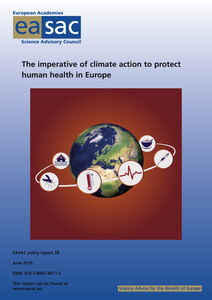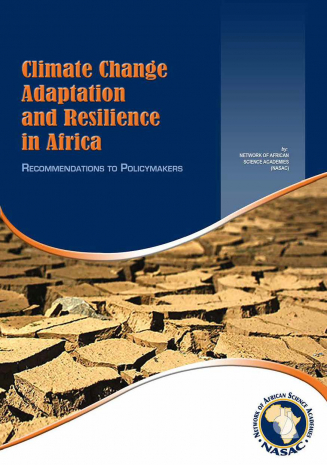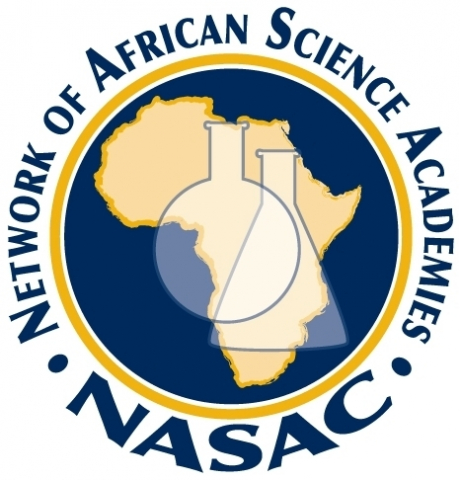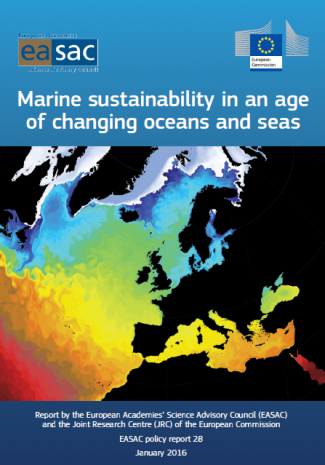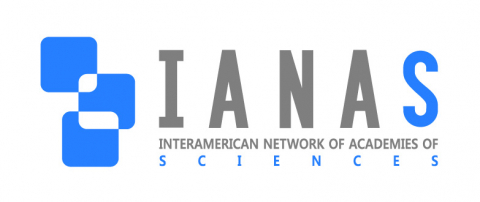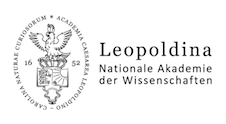Climate Change and Health
Overview
Led by the German National Academy of Sciences, Leopoldina, IAP has launched an inter-regional project focused on climate change adaptation and mitigation strategies that bring health co-benefits.
There are many direct and indirect pathways for the impacts of climate change on health and there will be significant variation within regions to be described. The project is exploring solutions for mitigation and adaptation and, in doing this, is designed to add value to other international activities e.g. by IPCC and the Lancet Countdown initiative. Emphasis is likely to vary between regions but all regions recognise common challenges, e.g. for research capacity building.
Each regional network of IAP (NASAC - Africa, IANAS - Americas, AASSA - Asia, EASAC - Europe) has formed a regional expert group of scientists, policymakers and practitioners nominated by IAP member academies and held a workshop to draw together broader scientific and health expertise to sharpen the regional focus of each report. Each network will hold two additional meetings during which participants will prepare their regional analysis and formulate evidence-based recommendations.
This project will produce three regional reports for Africa, Asia and the Americas (the regional report for Europe is already available) that will provide a snapshot of the current situation and present science-based recommendations for each region. A global synthesis report will highlight regional similarities and differences, and provide advice for decision makers for implementation at global, regional and national levels. Recommendations will take into account local circumstances and strategic needs.
The regional reports from NASAC, AASSA and IANAS (together with any updated EASAC material) will be published and launched in 2021, and will then be used to engage with regional policy-makers, the scientific community and other stakeholders. The global synthesis report will be ready by the end of 2021, and will be presented to the World Health Organization (WHO) and other global and regional stakeholders.


